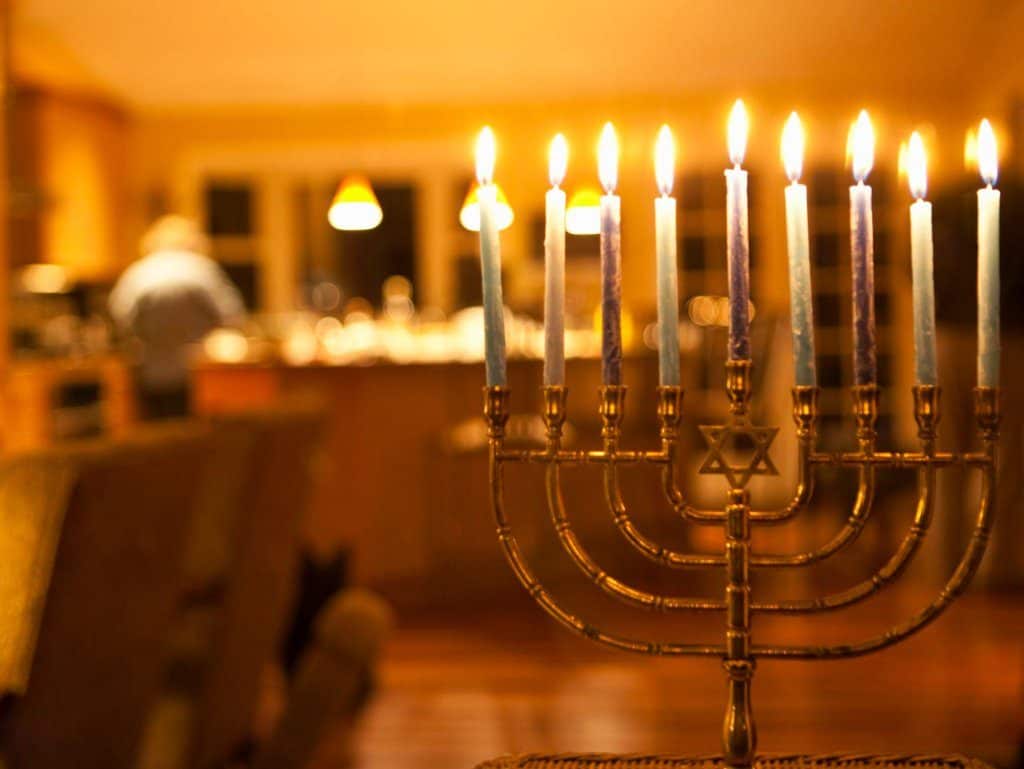In the cultural diversity of the world, Hanukkah stands out as one of the most luminous and significant festivities in Jewish tradition. Also known as the Festival of Lights, this annual celebration transcends borders, uniting Jewish communities in a commemoration full of history, faith, and tradition.
An Event of Profound Historical and Spiritual Significance
Gregorian Calendar 2023: From Thursday, December 7, to Friday, December 15
Jewish Calendar 5784: From Sunday, 24 Kislev to Monday, 2 Tevet
The history of Hanukkah dates back to 165 BCE, marking a crucial moment in Jewish history. After a period of oppression and prohibition of their religious practices under the reign of Seleucid king Antiochus Epiphanes, the Jews, led by the priestly family of the Hasmoneans or Maccabees, rebelled. This revolt was not only a struggle for religious freedom but also resistance against the imposition of Hellenistic culture and its pagan practices.
Located in Modiin, a biblical city of great relevance, the Maccabees fought not only for their right to practice Judaism freely but also to preserve their cultural and spiritual identity against forced assimilation. Their victory over the Seleucids culminated in the purification and consecration of the Temple in Jerusalem, an event symbolizing the resilience and unwavering faith of the Jewish people.
The Miracle of Hanukkah: A Light That Lasted Eight Days
The central story of Hanukkah revolves around a miracle. When Jewish priests arrived in Jerusalem to restore worship in the Temple, they found only a small amount of pure oil, enough to keep the sacred lamp lit for just one day. However, in a miraculous turn of events, this oil burned for eight days, the time needed to prepare more consecrated oil. This phenomenon is known as the “miracle of Hanukkah” and is the heart of this celebration.
Commemorating this miracle, Jewish tradition dictates lighting a candle on the Hanukkiah candelabrum each night for eight days. The practice of lighting these candles in home windows symbolizes the spread of spiritual light and the visibility and pride of Jewish identity.
The Importance of Children in Hanukkah and Culinary Traditions
Hanukkah is a festival that places special emphasis on children, reminding us that teaching and passing traditions to new generations are essential. During this period, children are showered with gifts and coins and participate in traditional games like the dreidel, a spinning top with Hebrew inscriptions narrating the Hanukkah miracle.
A key aspect of the celebration is indulging in foods fried in oil, as a way to commemorate the Temple oil miracle. “Sufganiyot”, low-calorie doughnuts filled with jam and sprinkled with powdered sugar, were a traditional delicacy in Israel during this time. Additionally, fritters and other fried pastries are consumed both in Israel and in Jewish communities around the world, reaffirming the connection to their heritage and the importance of keeping these traditions alive.
Hanukkah in the Contemporary World: More than a Celebration
Although in contemporary Israel, Hanukkah may be seen as a celebration of Judah Maccabee’s military triumph, its meaning extends beyond military victory. It’s a reminder of the power of faith, perseverance in adversity, and the importance of keeping traditions and beliefs alive.
Hanukkah, with its lights, stories, and traditions, is a beacon of hope and faith that illuminates not only the homes of Jewish families but also the spirit of those seeking to preserve their cultural heritage in a diverse and complex world.





